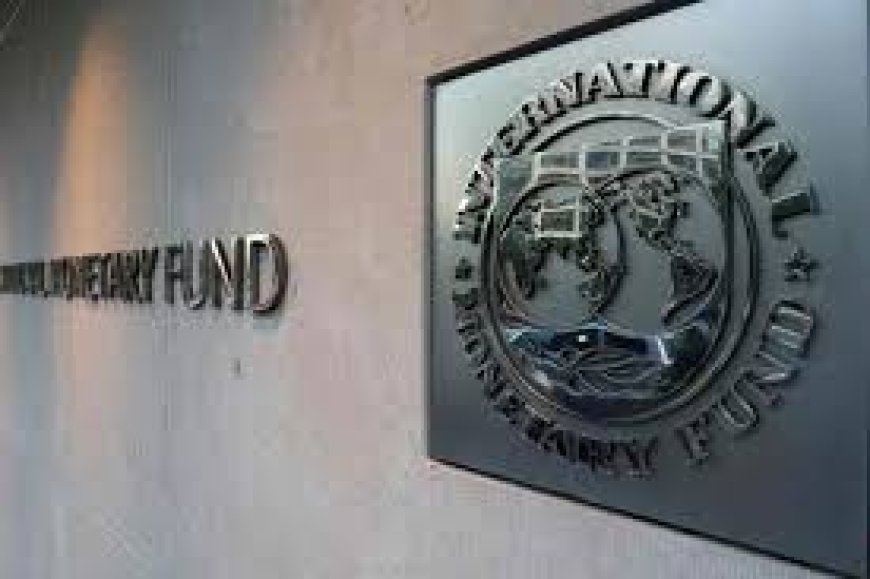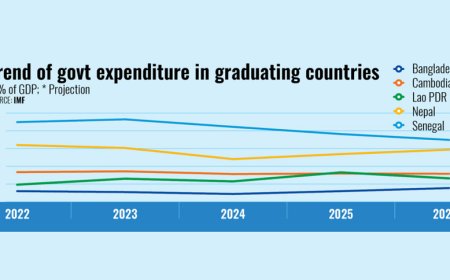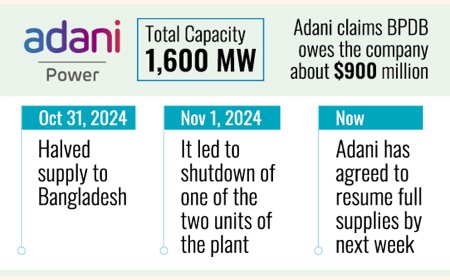IMF proposes an additional $1 billion to support reforms
The government is striving to secure at least $2 billion under the current loan program.

The International Monetary Fund (IMF) has proposed an additional $1 billion in funding for Bangladesh, but the government is seeking at least $2 billion to advance the interim government's reform agenda, address the current account deficit, and bolster foreign exchange reserves. Finance Adviser Salehuddin Ahmed requested $3 billion from the IMF under the existing loan program during the annual World Bank-IMF meeting in October. Following this, a 13-member IMF delegation arrived in Bangladesh earlier this month to evaluate the country’s progress and adherence to structural reform conditions for the fourth tranche of the loan.
Discussions with the IMF mission included the possibility of increasing the loan amount. While the IMF has offered $1 billion contingent on further reform conditions, the government is negotiating for at least $2 billion. If approved, this would translate to $1 billion per tranche for the remaining four disbursements under the current loan agreement.
In January last year, the IMF approved a $4.7 billion loan package for Bangladesh, of which $2.3 billion has been disbursed in three instalments. The IMF mission is now engaging with finance ministry and central bank officials to finalize policy documents, including a memorandum of economic and financial policy, a letter of intent, a technical memorandum of understanding, and a memorandum of understanding.
Although the IMF has acknowledged the interim government’s reform efforts, it is expected to attach additional conditions for the upcoming loan tranches. Key areas of focus include improving revenue collection, reducing subsidies in power, energy, and fertilizers, and strengthening governance in the banking sector.
To enhance revenue collection, the IMF inquired about the government’s plans for tax exemptions in the next fiscal budget and suggested separating policy-making from administration at the National Board of Revenue (NBR) while standardizing value-added tax (VAT) rates. In the banking sector, conditions may involve amending the Bangladesh Bank Order, the Bank Company Act, and bankruptcy laws.
The IMF has also recommended reducing government subsidy arrears, which stood at about Tk 60,000 crore as of June. The interim government has already reduced this amount significantly and aims to halve the remaining arrears by June next year, clearing the rest in the following fiscal year. Regarding price adjustments, the IMF suggested further increases in electricity tariffs. However, the government has resisted implementing tariff hikes this fiscal year to avoid exacerbating inflation, opting instead to cut power plant expenditures to lower subsidies.
The IMF mission is scheduled to conclude its visit with a closing meeting with the finance adviser on December 17.
What's Your Reaction?





















































































